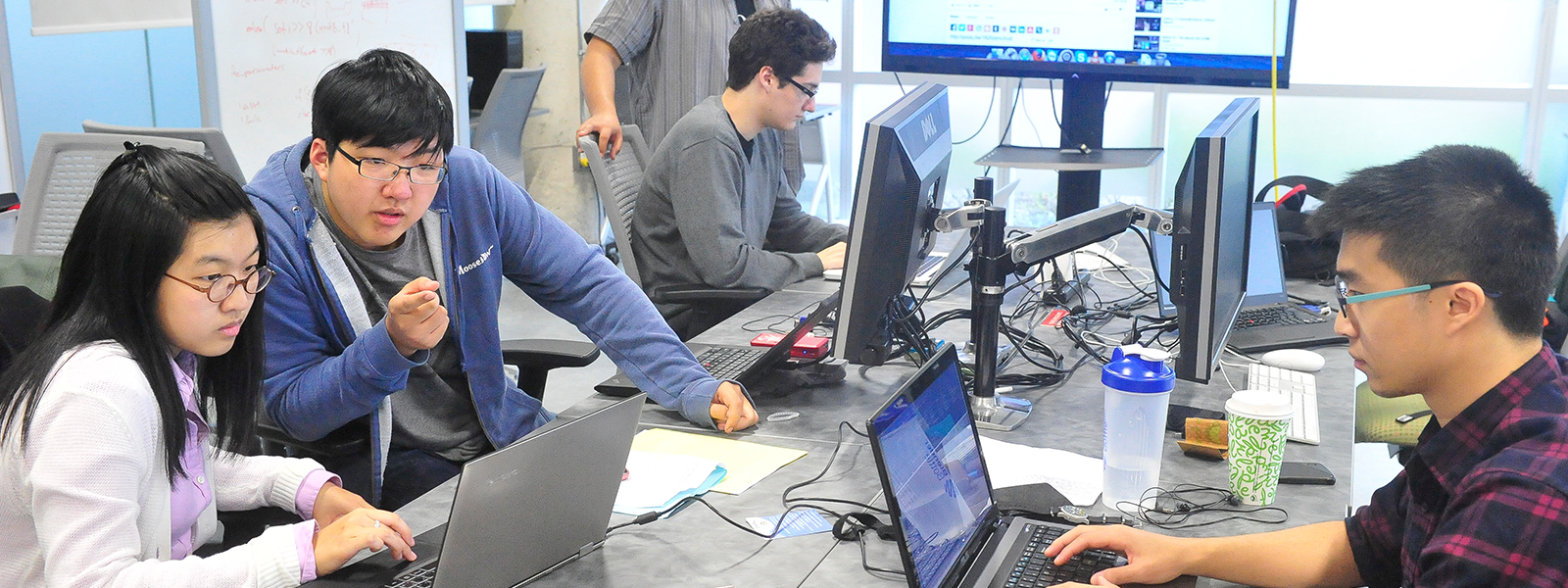Global Classrooms (GC) offer an accessible way to internationalize teaching and learning experiences by combining cross-cultural collaborations with technology. Additionally, they enable faculty and instructors to work closely with peers abroad. GCs benefit students and organizations in participating regions by offering a cost-effective complement to student mobility, as well as creating pathways to international exchange and study abroad. The nomenclature of “Global Classroom” is intentionally open to allow for variations and approaches that are discipline, regional, and challenge specific. (https://learningabroad.utoronto.ca/gc-home/)
How the International Student Centre can help:
- Administrative and Logistical Support
- Communications Support
- Finding Global Partners
- Safety and Risk Assessment
- Intercultural Competency Training
UTSC Global Classrooms:
Fall 2020: Food Security, Food Sovereignty, and Health (HLTD27H3F), Dr. Obidimma Ezezika
Description: Food security is arguably the most important determinant of health and well being, and yet in many areas of the world there are profound challenges to achieving it. Food sovereignty – the right of people to healthy and culturally appropriate food, and to self-determined food production – has an important and complex relationship with food security. Using theoretical readings and case studies, this course will examine these concepts and the challenges faced by communities in achieving them. This course will examine the implications of food security and food sovereignty for health equity in the context of sub Saharan Africa.
The International Student Centre supports:
- Coordinated pre-recorded virtual tours of agricultural sites in Uganda, Nigeria, Kenya, and Tanzania
- Coordinated and supported student led interviews with prominent agricultural/food securities professionals in each of those countries
Winter 2021: Research and the Creative Ecosystem: Practice Makes Perfect! (VPAC21H3F), Dr. Mary Elizabeth Luka
Description: Are you interested in hands-on professional practices, as well as theory-based learning about how people and organizations work in the culture sector and media industries? This course examines the creative ecosystem by looking at how specific creative business models and practices operate (including creative hubs, media companies, and performing/visual arts organizations). While the ecosystem is made up of a broad and sometimes baffling array of for-profit, non-profit, and hybrid ways of doing things, this course will provide insights into the professional practices at an organization of your choice. In this course, students will undertake an independent research project (singly or in pairs) that might include interviews or focus groups, ethnographic observation, data analyses of websites and social media, physical or virtual site visits (health regulations permitting), or other ways of investigating what actually happens inside your specific institution—or professional area—of interest. Students will meet synchronously on a periodic basis with the whole class or in small groups asynchronously with the professor in alternating sessions to compare readings and notes that contextualize the creative ecosystem and your own project.
This course had collaborative peer components with courses in both New School in New York, USA and with the Digital Ethnography Research Centre at RMIT in Melbourne, AU.
The International Student Centre supports:
- Presented in class on global classrooms, global learning, interview best practices, and mentorship
- Coordinated and supported student led interviews with prominent professionals in the field, located both domestically and internationally
Global Classrooms Moving Forward:
Once the option of travel resumes, our hope is to embed short-term global mobility opportunities within courses. Course-embedded global mobility options enhance students’ learning through experiential learning in relevant settings and communities around the globe. They also make global learning and mobility more accessible, providing a more cost-effective option to students than traditional exchange. Embedded global mobility options could look like:
- Conducting course related research in relevant settings
- Visiting partner schools with specialized knowledge/equipment
- Visiting museums, heritage sites, companies, etc.
- Collaborating with an international partner school on a similar course, with an in-person component in an international location.
Contact Information:
Contact Alyssa Graham for more info and to explore your global classroom options!
